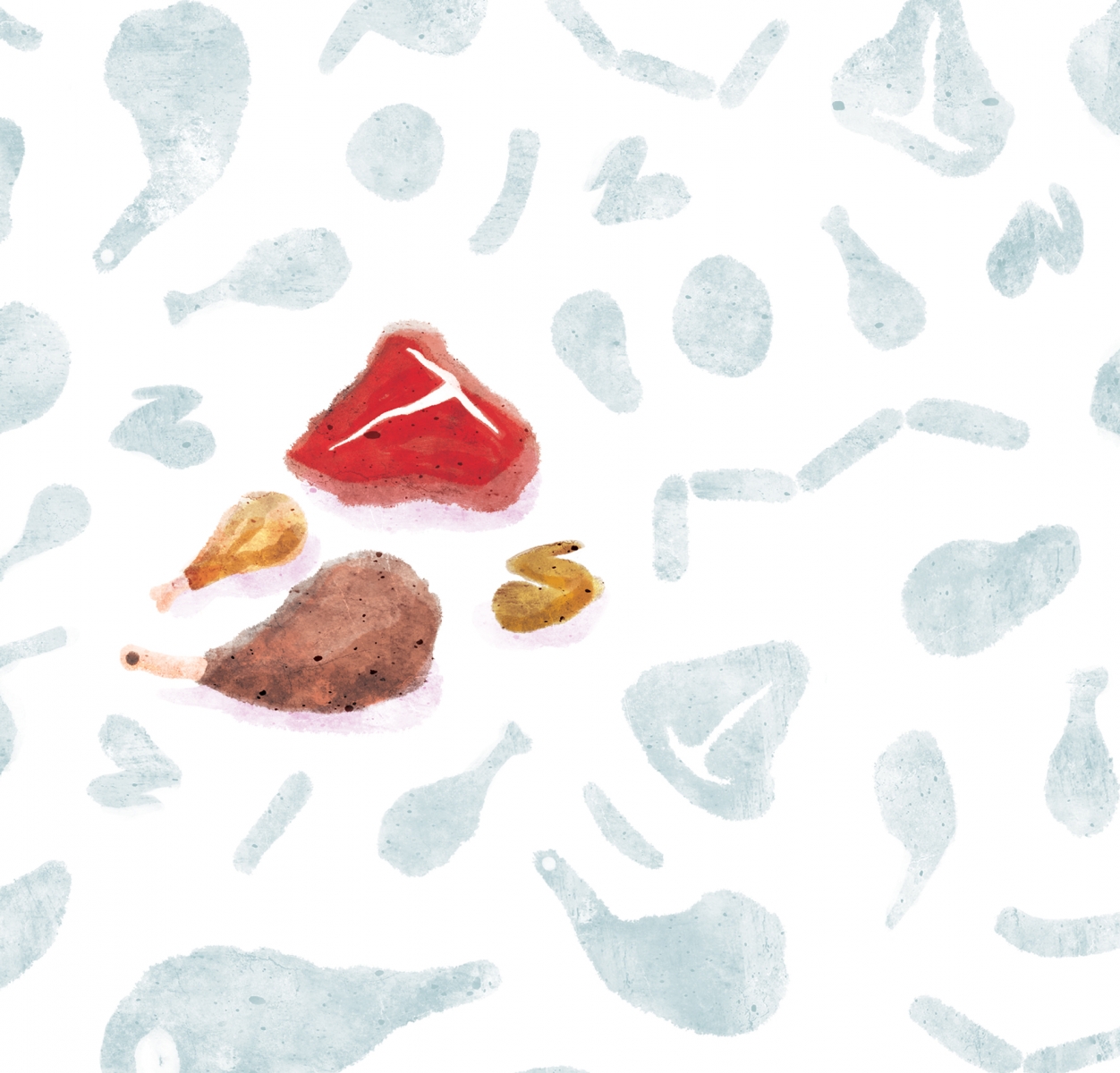Finding local restaurants that serve halal food can be daunting.
“I find it’s a pretty difficult task,” says Ohnas Skelly-Ali, a local chef. “There are the obvious places that meet these needs, like donair, shawarma, and falafel shops. There are also local butchers, and any of the cultural grocery stores that provide halal products. Aside from that, it’s slim pickings.”
Halal is an Arabic word meaning “allowed” or “permissible.” Halal eating guidelines, somewhat similar to kosher guidelines, categorically exclude the intake of pork, blood and alcohol. They specify that an animal intended for consumption is to be processed by a Muslim butcher who blesses the animal before slaughtering it – and then drains all the blood prior to butchering.
When Nando’s, the popular chain of chicken restaurants, opened a location in Edmonton in February, some customers were disappointed that it is not halal-certified. Although some Nando’s restaurants do advertise halal options, about 80 per cent worldwide do not.
“At this time, our current Alberta chicken supplier is not able to provide a halal option that meets our global standard while also offering our unique recipe that is followed by each Nando’s restaurant around the world,” says Natalie Harper, a representative for Nando’s. Although it’s not clear how halal chickens could affect the Nando’s recipe, Harper adds that the company “will continue to look at options to provide halal in Alberta in the future.” The difficulty of finding a cost-effective supplier for such a large-scale operation was likely a major factor.”In Alberta, the highest demand is still with the majority of people who don’t eat halal,” Skelly-Ali notes. “Because of its nature, and the process of making food halal, there is a general markup on the food.”
Compare Nando’s to Checkers, a halal pizza place on Whyte Avenue. When Ahmed Farooqui bought the business in 2008, it was a simple pizza place. Although Farooqui says his “whole objective” in buying Checkers was to provide accessible halal fast food to Muslims in the university area, it wasn’t easy. It’s clear that, for Farooqui, his business is also a personal project, an attempt to fill a need.
